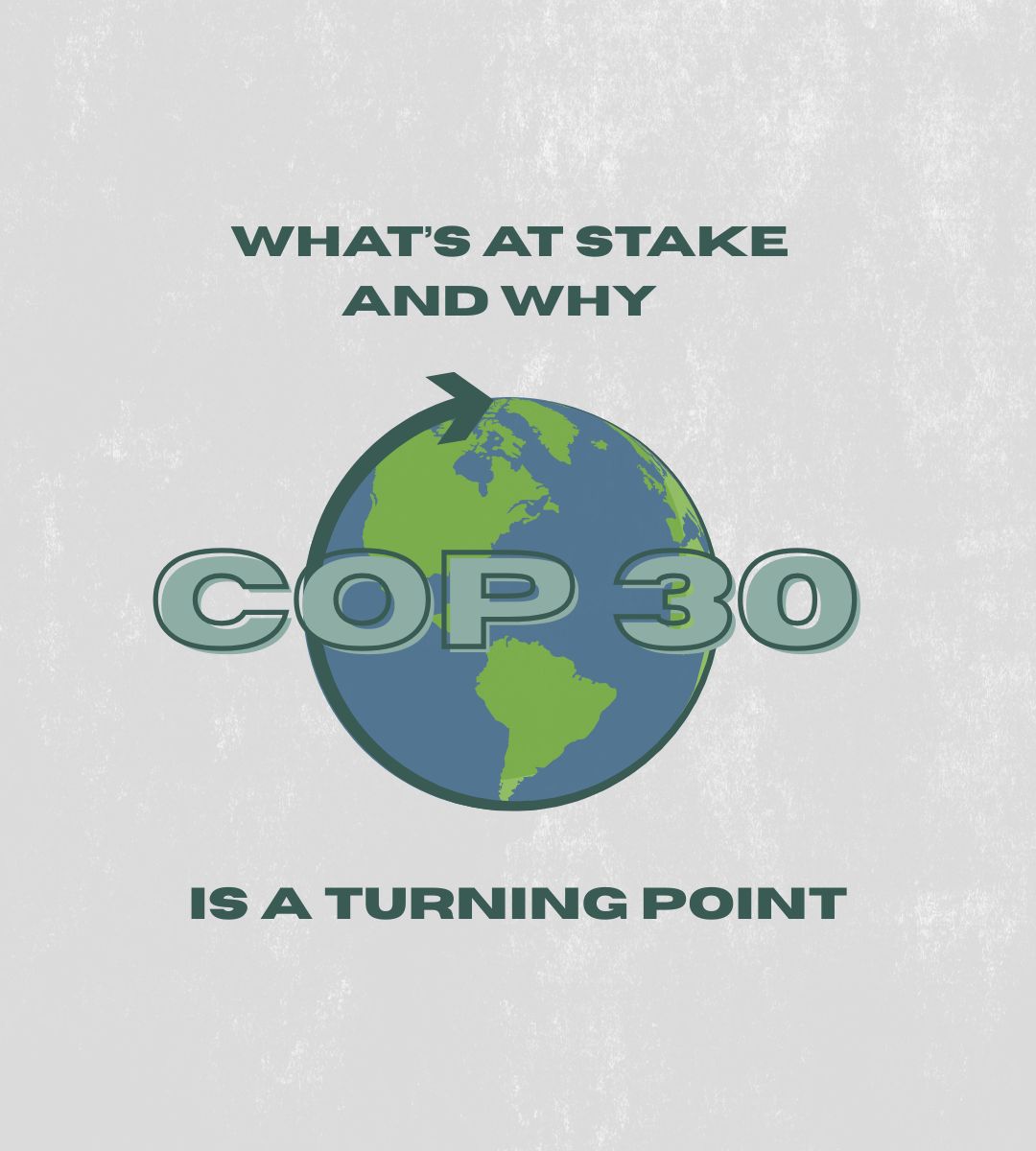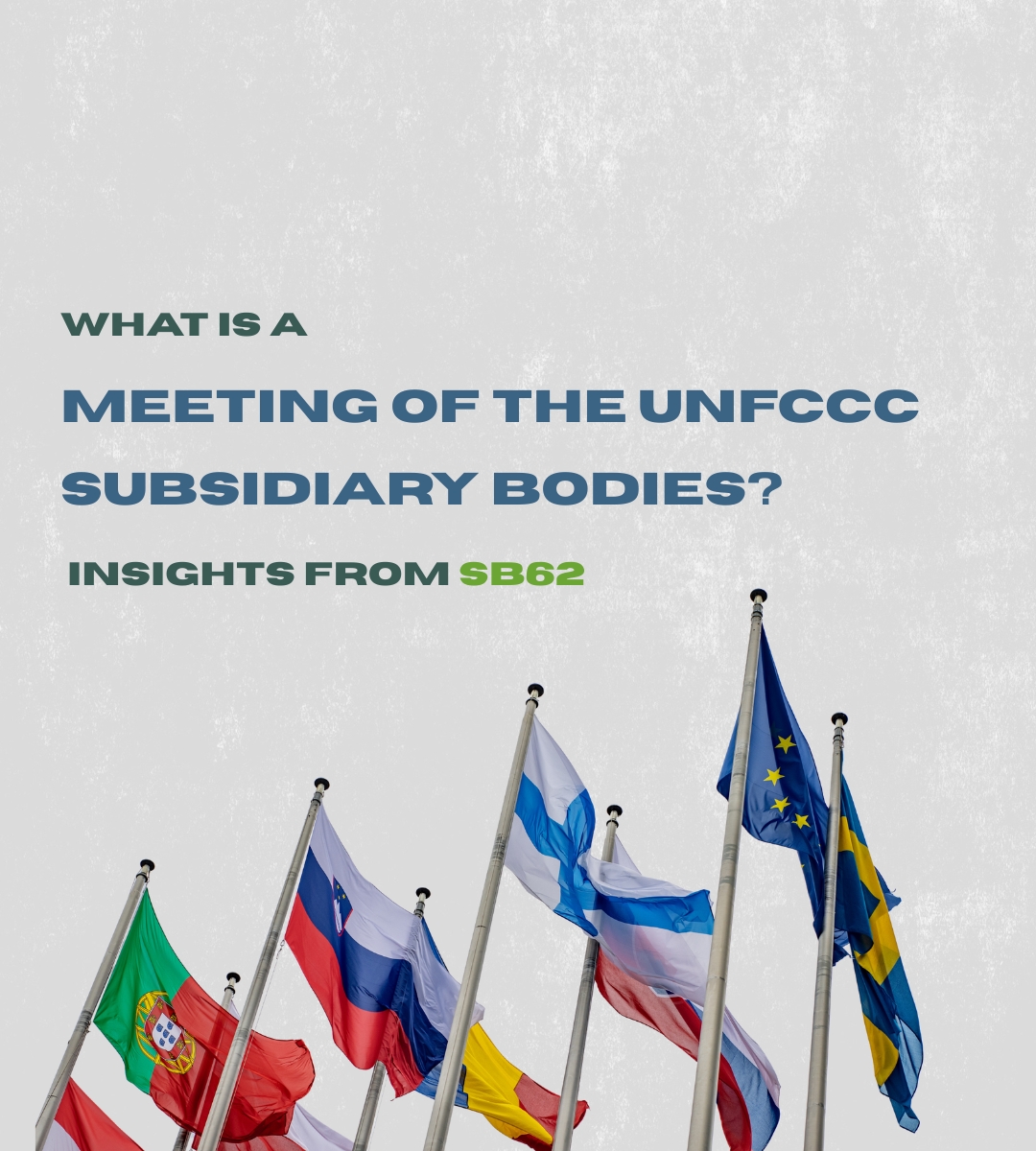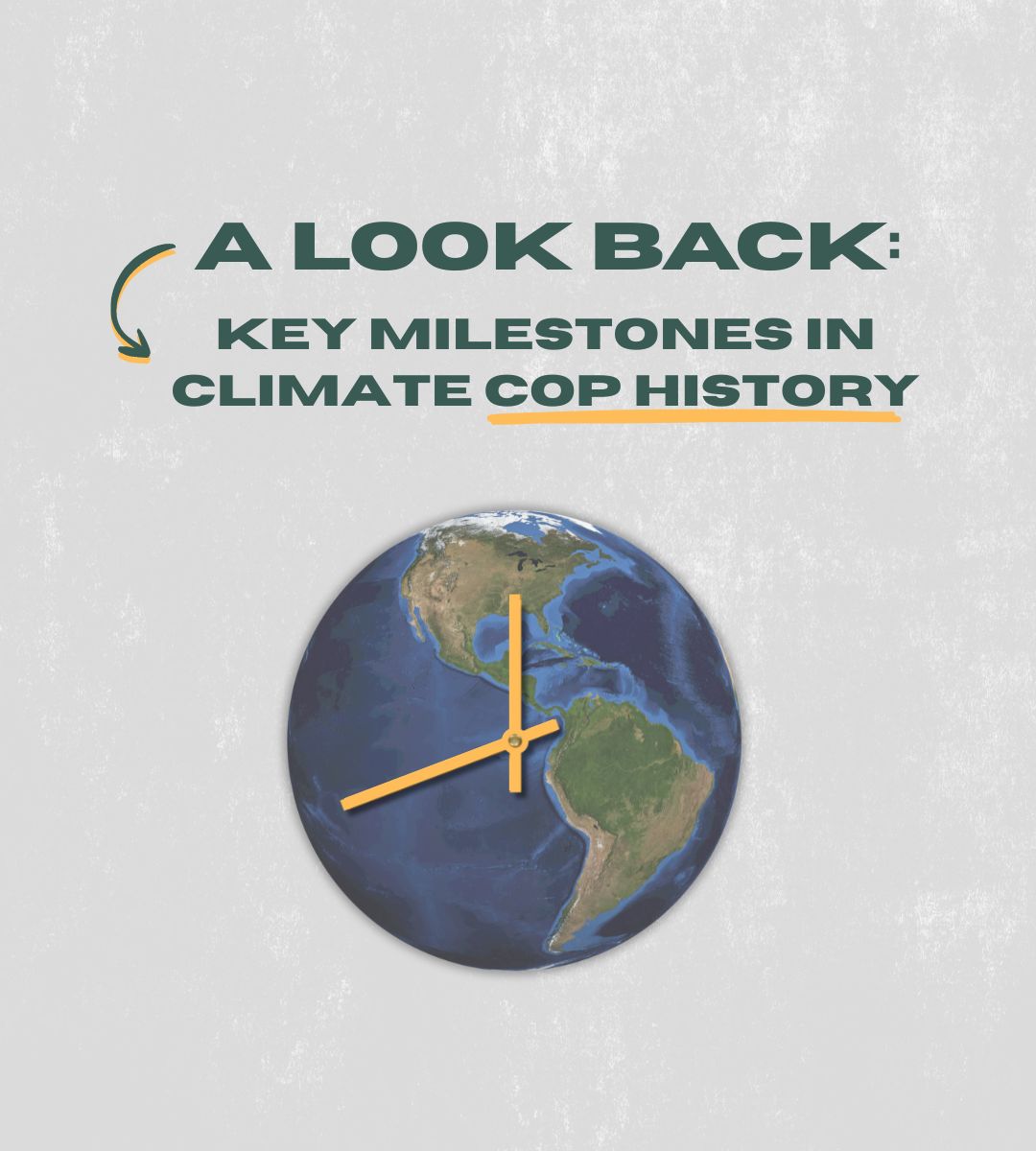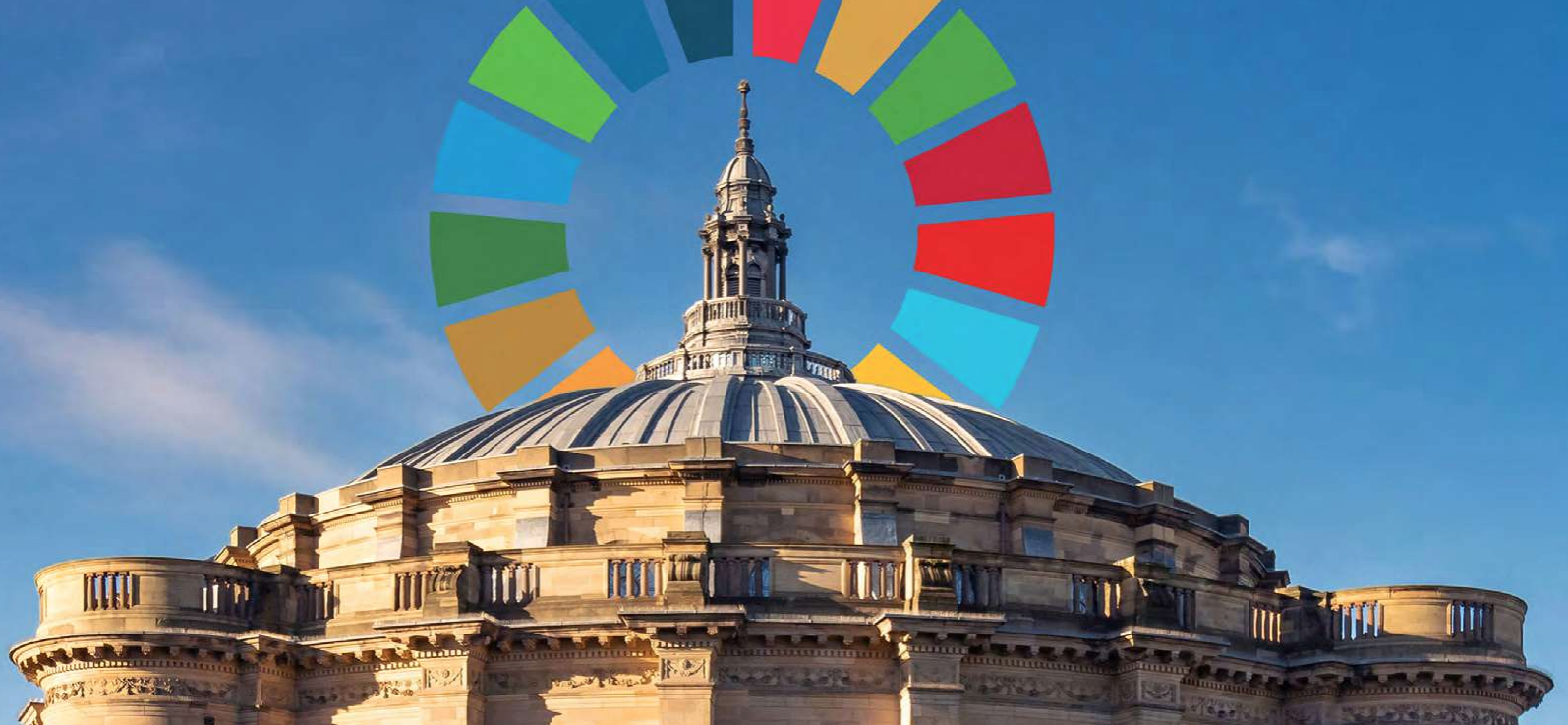Every year, leaders from around the world gather in one city to negotiate the future of our planet. This is no ordinary meeting — it’s where decisions that shape the lives of billions are made. But what exactly is a COP, and why should you care?
What is a COP?
“COP” stands for Conference of the Parties. It is the supreme decision-making body of the United Nations Framework Convention on Climate Change (UNFCCC) — the global treaty established after the 1992 United Nations Conference on Environment and Development in Rio de Janeiro. This treaty was signed by countries that agreed to work together to tackle climate change.
Each year, representatives of these countries — known as “Parties” — meet to assess progress, negotiate new commitments, and strengthen global action to respond to the climate crisis. The first meeting was held in 1995 in Berlin, Germany. Since then, the COP has grown into the most critical international platform for climate diplomacy.
What happens at a COP?
COP meetings bring together governments, civil society, academia, scientists, businesses, activists, and youth. While the heart of the COP lies in formal negotiations — where countries discuss issues like emissions reduction targets, climate finance, adaptation, and loss and damage — the event has expanded far beyond negotiation rooms.
There are now hundreds of side events, pavilions, and platforms where innovators, campaigners, and organizations share ideas, launch initiatives, and cultivate partnerships. These spaces make COP a global marketplace for climate solutions and ambition.
Why the COP matters
Climate change is undoubtedly a global problem that no single country can solve single-handedly. Rising temperatures, droughts, floods, and storms affect everyone, but their impacts are felt most strongly and disproportionately by vulnerable communities. COP meetings are where countries come together to coordinate collective action.
It was at COP 3 in Japan that the Kyoto Protocol was adopted — the first international agreement to cut greenhouse gas emissions. Years later, COP 21 in Paris gave us the Paris Agreement, a landmark accord to limit global warming to 1.5°C. These milestones underscore the power of COP to shape climate ambition.
People power at the COP
While negotiations may seem distant, COP is not just for politicians. Youth movements, indigenous communities, faith-based groups, local leaders, and innovators are increasingly shaping the agenda. Their presence ensures that negotiations are not only technical, but also reflective of the true needs and aspirations of frontline communities.
Through campaigns, side events, and direct advocacy, these groups push for more ambitious action and hold leaders accountable. In many ways, COP reflects both the progress and tensions in the global climate movement.
Looking ahead to COP 30
This year, attention is turning to the 2025 United Nations Climate Change Conference (COP 30), which will take place in Belém, Brazil — in the heart of the Amazon rainforest. It will be a crucial moment to follow up on the first Global Stocktake under the Paris Agreement and to raise ambition to keep 1.5°C alive.
As the world looks to the Amazon, COP 30 offers a unique opportunity to elevate climate justice, nature-based solutions, and collective action.
Why you should care
The outcomes of COP shape national policies, influence global markets, and impact local communities. They determine how fast we transition to renewable energy, protect ecosystems, and build climate-resilient societies. Whether you are a student, a policymaker, a business owner, or a community leader, COP decisions affect your future!
That’s why initiatives like the COP Café 2025 matter. They help bring these complex global processes closer to people, spark dialogue, and inspire local action. Understanding what COP is — and why it matters — is the first step to becoming part of this global movement.
COP Café 2025
COP 30 takes place in Belém, Brazil from Monday 10 – Friday 21 November. Throughout the conference, we’ll be screening key events and negotiations on a big screen in the ECCI Cafe and hosting live discussion events on Wednesday 12 and 19 November.
Open to all staff and students at the University of Edinburgh, these sessions will help you cut through the noise and get to the heart of matters unfolding at COP 30, featuring academics and students, climate experts and COP veterans. Watch this space for more details.
Contact
Howard Mwesigwa is an environmental lawyer and climate advocate currently serving as an Earth Fellow at the Edinburgh Earth Initiative. In this role, he supports the COP Engagement project, strengthening student participation in UN climate and environment meetings, including the Conference of the Parties.
He previously coordinated the Parliamentarians for Climate Finance Project in Uganda, led the Energy, Environment & Sustainability Department at Kalikumutima & Co. Advocates, and founded the Climate Action Leadership Incubator Uganda to empower youth in community-based climate action.
H.Mwesigwa@sms.ed.ac.uk
contact@shereewalker.com





